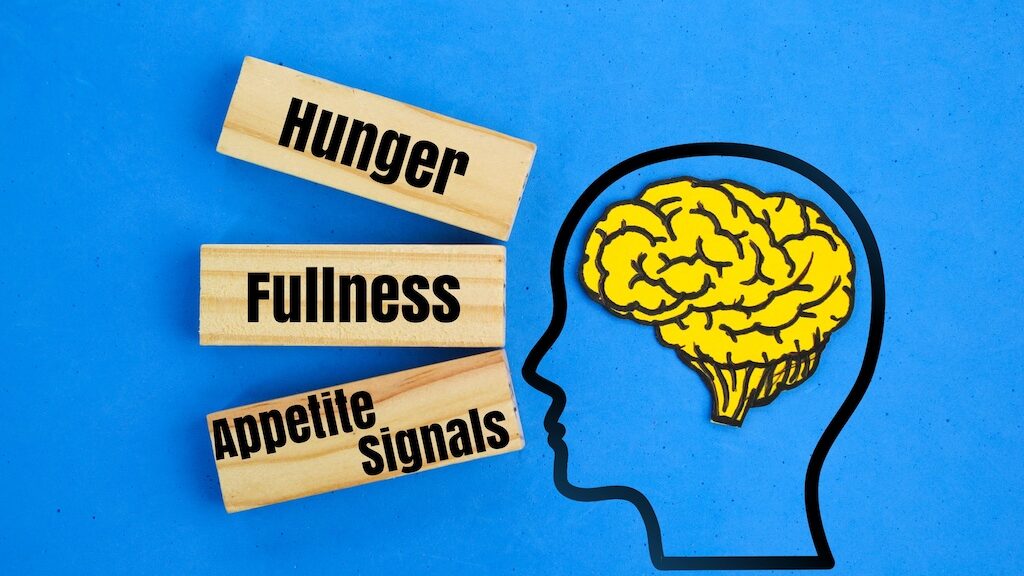How Mindful Eating Can Help You Achieve Your Health Goals

Introduction
In a fast-paced world, we often eat without thinking, leading to overeating, poor digestion, and weight gain. Mindful eating is an approach that encourages awareness around food, helping you make healthier choices, enjoy your meals, and better manage your weight. This article explores the principles of mindful eating and provides tips for incorporating it into your daily life.
What is Mindful Eating?
Focused Awareness:
- Mindful eating is the practice of being fully present while eating, focusing on the taste, texture, and smell of food. It involves eating slowly and savoring each bite.
Listening to Hunger and Fullness Cues:
- Mindful eating teaches you to pay attention to your body’s hunger and fullness signals. This helps prevent overeating and encourages portion control.
Avoiding Distractions:
- Mindful eating involves eliminating distractions, such as watching TV or scrolling on your phone, so you can fully focus on your meal and enjoy the experience.
Benefits of Mindful Eating
Supports Weight Management:
- By eating slowly and recognizing when you’re full, mindful eating can help reduce overeating and support weight loss or weight maintenance goals.
Improves Digestion:
- Eating slowly allows your body to properly digest food, reducing issues like bloating and indigestion. Mindful eating encourages proper chewing, which aids in digestion.
Reduces Emotional Eating:
- Mindful eating helps you distinguish between physical hunger and emotional cravings. This awareness can reduce emotional eating and encourage healthier ways to cope with stress or emotions.
Enhances Enjoyment of Food:
- Mindful eating allows you to fully appreciate the flavors, textures, and aroma of food, making meals more enjoyable and satisfying.

Tips for Practicing Mindful Eating
Take Smaller Bites:
- Take small bites and chew each one thoroughly. This allows you to savor the taste and gives your body time to register fullness.
Put Down Your Utensils:
- Place your utensils down between bites. This simple habit slows down your eating pace and allows you to focus on each bite.
Eat in a Calm Environment:
- Try to eat in a quiet, distraction-free environment. Sit down at a table, avoid screens, and focus on your meal.
Check in with Yourself:
- Before reaching for a snack, ask yourself if you’re truly hungry or if you’re eating out of boredom, stress, or habit. This can help reduce unnecessary eating.
Set a Mealtime Ritual:
- Create a calming ritual before eating, such as taking a few deep breaths or expressing gratitude for your food. This can help you approach your meal with mindfulness.
Conclusion
Mindful eating is a powerful tool for improving your relationship with food and achieving health goals. By slowing down, eliminating distractions, and listening to your body’s signals, you can make healthier choices, enjoy your meals, and support long-term well-being.
Summary:
- Mindful eating encourages awareness around food, helping with weight management, digestion, and reducing emotional eating.
- Benefits include better portion control, improved digestion, and enhanced enjoyment of food.
- Tips for mindful eating include taking smaller bites, putting down utensils, eating in a calm environment, and checking in with hunger cues.

This article reviewed by Dr. Jim Liu, MD and Ms. Deb Dooley, APRN.
There’s nothing more important than our good health – that’s our principal capital asset.
#medical #telehealth #umedoc










